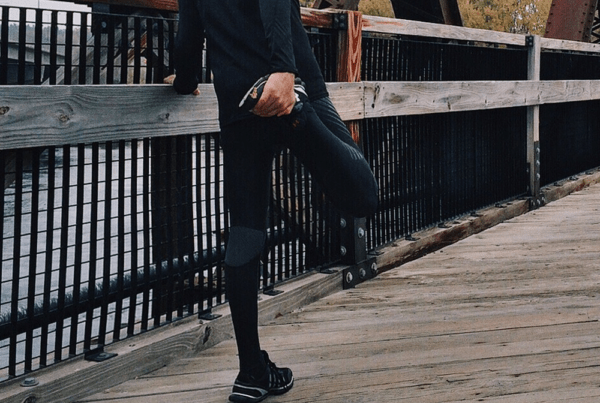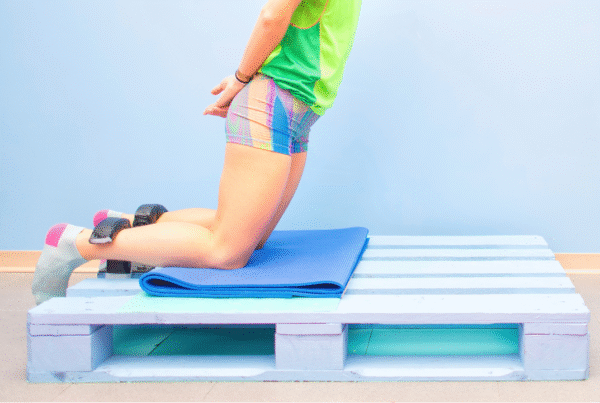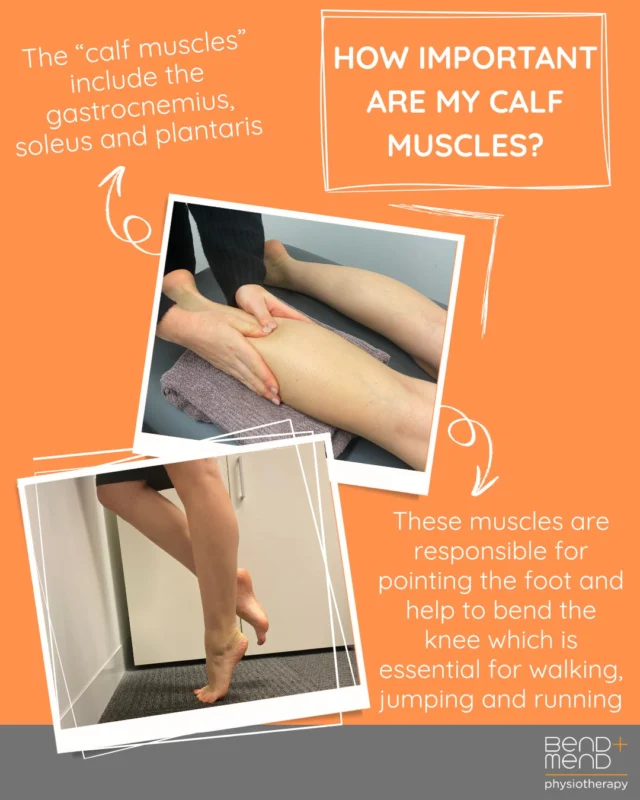The World Health Organisation recommends that adults aged 18–64 do at least 150 minutes of moderate-intensity aerobic physical activity or do at least 75 minutes of vigorous-intensity aerobic activity throughout the week.1 However with more and more people becoming time poor and unable to fit exercise into their daily lives, there has been a strong movement towards the ‘weekend warrior’ lifestyle. A weekend warrior refers to a person that crams their recommended weekly dose of exercise into 1-2 days (mostly on the weekend) rather than spreading it evenly across the week.
We all know that exercise is beneficial to maintaining a healthy lifestyle and it has proven benefits in regards to lowering cholesterol, reducing risk of mortality, reducing risk of depression and improving bone and muscle function. But are you still getting the same health benefits by cramming your exercise all into one day?
A recent study followed 63,000 men and women over a twelve year period to see whether ‘weekend warriors’ would have the same health benefits than those who spread their exercise load evenly over the week.2 The good news is that those who were termed ‘weekend warriors’ ended up having a 30% lower mortality rate during the study period, than those who didn’t exercise.2 This is an interesting finding as this figure is only 5% less than the regular exercise group, who overall had a 35% lower mortality rate.2 People who were in the weekend warrior group also had reduced chances of cancer and cardiovascular mortality compared to the non-exercising group.2
So this sounds like great news, but why isn’t everyone doing this and why does it not come heavily recommended?
The downside of squeezing all your exercise into those (too short!) weekends is the increased risk of injury that you have. By spreading your exercise over the week you allow your body to have enough time to adapt to the changes in your training load, while also ensuring that your muscles have adequate rest and recovery between sessions. The most common injuries seen in ‘weekend warriors’ include ankle sprains, achilles tendinopathies, plantar fasciitis and tennis elbow.
So to ensure that you are still getting the benefits of exercise, but not filling up your already jam packed schedule, here are a few tips to try:
- Try and get more active on your commute- walk to and from work or the train station.
- Join a gym and get active at lunch time.
- Find an exercise class that works into your lunch break or directly before work.
- Join a work sporting team.
- Form a walking group for lunch times and choose a new route every week.
And if all the time you have is on the weekends, ensure that you don’t increase your training too quickly and keep your activity consistent to best prevent injury.
If you need help to get your exercise back on track, or you are suffering from your own weekend warrior related aches and pains, book in to see one of our highly-trained Bend + Mend Physiotherapists in the Sydney CBD.
References
- World Health Organisation. (2011). Global Recommendations on Physical Activities for Health [Fact Sheet]. Retrieved from https://www.who.int/dietphysicalactivity/factsheet_adults/en/
- O’Donovan G, Lee I, Hamer M, Stamatakis E. Association of “Weekend Warrior” and Other Leisure Time Physical Activity Patterns With Risks for All-Cause, Cardiovascular Disease, and Cancer Mortality. JAMA Intern Med.2017;177(3):335–342. doi:https://doi.org/10.1001/jamainternmed.2016.8014





